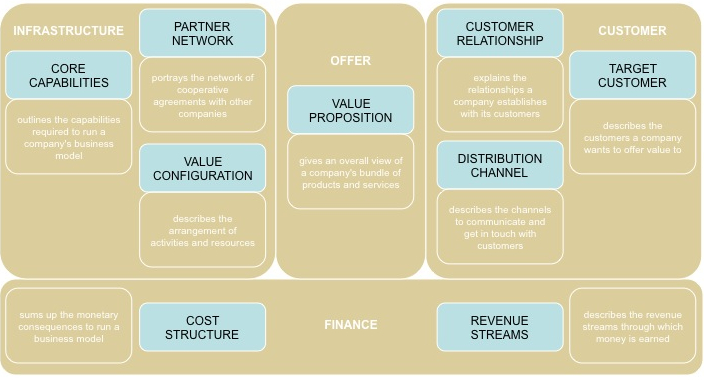You can buy his book, The Startup Owner's Manual here:
Steve Blank
Blank is known primarily as a theoretician, although he has founded and advised many companies. His ideas have been very influential in the culture.
What's A Startup?
Blank has been thinking about startups for a while, so his blog post are focused, but peppered with reference to other areas where he expands on the topic.
He gets right to the point:
In this post we’re going to offer a new definition of why startups exist: a startup is an organization formed to search for a repeatable and scalable business model. (Blank)And then he unpacks the idea of a business model.
A business model describes how your company makes money. (Blank)So a startup is an organization formed to search for a repeatable and scalable way to make money. That sounds like any business. What sets Blank's theory apart is probably the detailed process he lays out to form such a business.
Q: Peter Thiel seems to disagree with Blank's model. In particular he advises startups to have big bold plans, that can be modified indefinitely, which deliver an enormous innovation that earns a monopoly. Blank doesn't think this contradicts his own view. Do readers think there is a fundamental distinction here?
The Business Model Canvas
Blank is a fan of the Alexander Osterwalder's Business Model Canvas , which is a template to organize the components of a business.

Startup as hypothesis testing
Blank has specific advice on the role of a founding team.
Your job as a founder is to quickly validate whether the model is correct by seeing if customers behave as your model predicts. Most of the time the darn customers don’t behave as you predicted. (Blank)The benefit of this advice is it focuses energies on hypothesis testing early on.
Contrast: Although Thiel has claimed that this advice contradicts to come up with a long term plan, the tenure of the plan doesn't seem to be a central component of Blank's thesis. There is something about the MVP that feels small and timid, compared to Thiel's idea of going from 0 to 1 which feels ambitious and large in scale. The question is, if Blank had used a different word -- Initial Hypthesis Product, for instance -- would there still be a fundamental disagreement?
Q: Blank realizes of course that experimentation can be very expensive. You can't usually launch an entire business to see if customers like it, so his idea is to put out a really simple minimal viable product and use that to test it.
The big criticism -- and I am not the first to make it -- is this contrast directly with advice from other people.
Famously, Steve Jobs said in an interview:
"It's not about pop culture, and it's not about fooling people, and it's not about convincing people that they want something they don't. We figure out what we want. And I think we're pretty good at having the right discipline to think through whether a lot of other people are going to want it, too. That's what we get paid to do.This is not the first time Jobs had said this.
"So you can't go out and ask people, you know, what the next big [thing.] There's a great quote by Henry Ford, right? He said, 'If I'd have asked my customers what they wanted, they would have told me "A faster horse." ' "(Steve Jobs)
Blank is well aware of this criticism, but I don't know that he fully takes on the problem.
You can buy his book, The Startup Owner's Manual here:

No comments :
Post a Comment
Would love your feedback on any of the above, especially on the questions raised above.